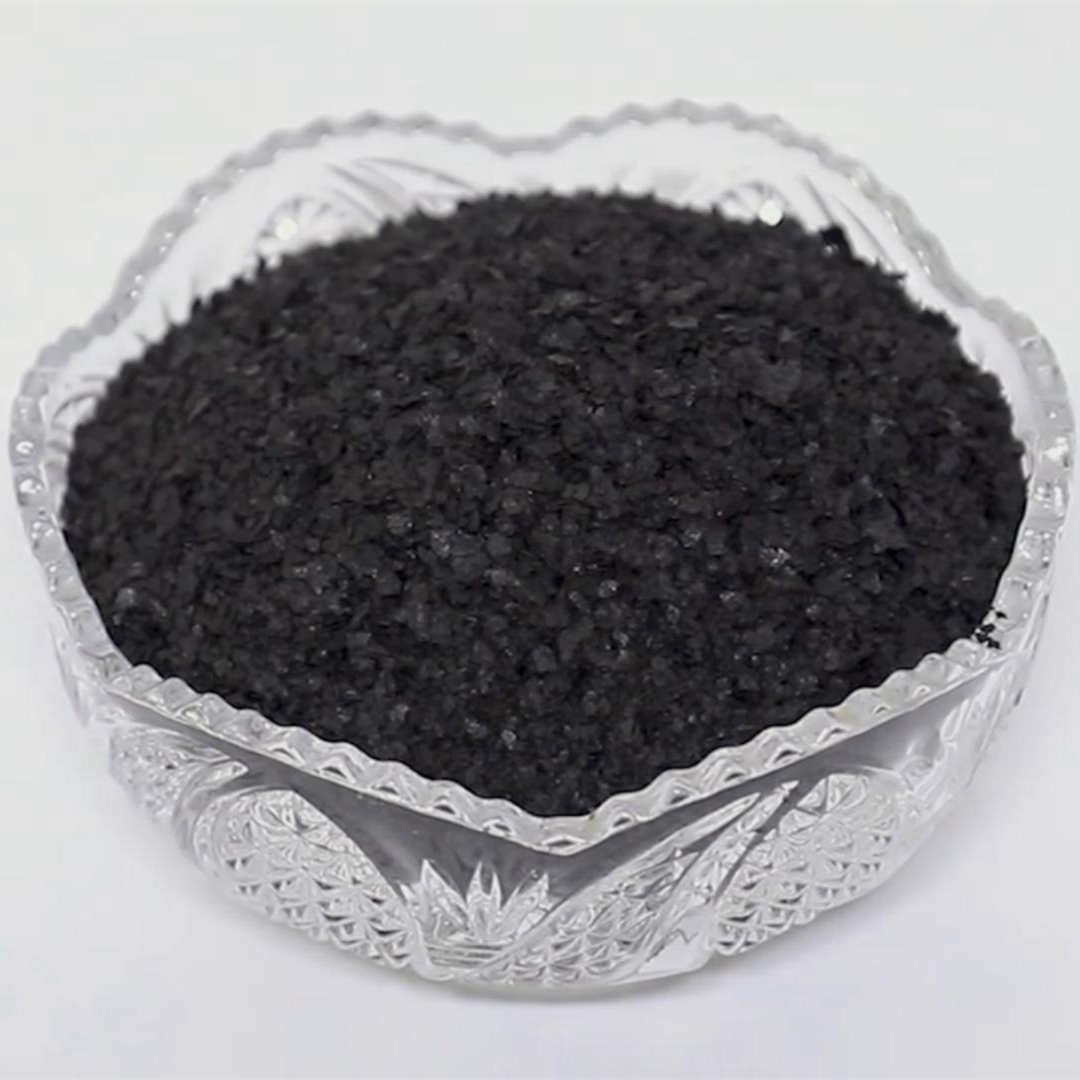
نوفمبر . 25, 2024 23:00 Back to list
soluble potassium sulfate
Understanding Soluble Potassium Sulfate Properties, Uses, and Benefits
Soluble potassium sulfate (K2SO4) is a vital compound in agriculture and industrial applications. As a source of potassium and sulfur, it plays a crucial role in various processes, making it an important component in fertilizers and other products. This article aims to explore the properties, uses, and benefits of soluble potassium sulfate.
Properties of Soluble Potassium Sulfate
Soluble potassium sulfate is a white, crystalline powder that is highly soluble in water. It has a molecular weight of 174.26 g/mol and consists of two potassium ions (K+) and one sulfate ion (SO4^2-). The compound is non-toxic and environmentally friendly, making it a preferred choice for agricultural applications. Its solubility in water allows plants to efficiently absorb its nutrients, promoting healthy growth and development.
One of the distinct advantages of soluble potassium sulfate is its low chloride content. Many potassium fertilizers, such as potassium chloride (KCl), contain high levels of chloride, which can be harmful to certain crops. In contrast, using soluble potassium sulfate ensures that crops receive the potassium they need without the negative effects of excess chloride, making it ideal for sensitive plants such as fruits, vegetables, and ornamentals.
Agricultural Applications
In agriculture, soluble potassium sulfate is primarily used as a fertilizer. Potassium is one of the three essential macronutrients for plant growth, with nitrogen and phosphorus being the other two. Potassium plays a key role in various physiological processes, including photosynthesis, enzyme activation, water regulation, and stress tolerance. By providing an adequate supply of potassium through soluble potassium sulfate, farmers can enhance crop yield and quality.
Additionally, the sulfur component of potassium sulfate is beneficial for plant health. Sulfur is critical for the synthesis of amino acids and proteins. It also aids in the formation of chlorophyll, which is essential for photosynthesis. Therefore, using soluble potassium sulfate not only supplies potassium but also supports sulfur nutrition, leading to improved plant performance.
soluble potassium sulfate

Industrial Uses
Beyond agriculture, soluble potassium sulfate has several industrial applications. It is utilized in the production of glass, textiles, and detergents, among other products. The compound's solubility allows it to function effectively in various chemical processes. In glass manufacturing, for instance, potassium sulfate is used to improve the melting characteristics of raw materials, leading to better glass quality.
In the detergent industry, soluble potassium sulfate acts as a builder that enhances the effectiveness of surfactants. Its ability to soften water helps in improving the performance of cleaning products, making it a valuable additive in formulations.
Environmental Benefits
As consumers become more environmentally conscious, the demand for sustainable agricultural practices continues to rise. Soluble potassium sulfate is an environmentally friendly option, as it does not contribute to soil salinity or degradation. Its use promotes healthy soil ecosystems, supports plant health, and minimizes the risk of water contamination.
Furthermore, the low chloride content of soluble potassium sulfate makes it a safer alternative for crops sensitive to chloride toxicity. This characteristic is especially important in areas where soil salinity is a concern, as high chloride levels can adversely affect crop yield and quality.
Conclusion
Soluble potassium sulfate is a versatile and essential compound with numerous benefits in agriculture and industry. Its unique properties, including high solubility, low chloride content, and dual nutrient supply of potassium and sulfur, make it a preferred choice for farmers and industrial manufacturers alike. As the demand for sustainable and effective fertilizers continues to grow, soluble potassium sulfate is poised to play an even more significant role in enhancing agricultural productivity and supporting environmentally friendly practices. Through its various applications, this compound exemplifies the intersection of science and nature, contributing to global food security and responsible industry practices.
-
Premium 8 12 16 Fertilizer – High-Efficiency Compound & Granular NPK Supplier
NewsJun.10,2025
-
High Quality Agricultural Grade NPK Fertilizer Manufacturer & Supplier Reliable Factory Price
NewsJun.10,2025
-
Organic Fertilizer for Corn Boost Yield Sustainably
NewsJun.10,2025
-
Organic Fertilizer for New Plants Natural Growth Boost & Eco Nutrients
NewsJun.10,2025
-
Optimized Hydroponic NPK Fertilizer – Fast Growth & Nutrients
NewsJun.09,2025
-
Top-Rated NPK Fertilizer for Fruit Trees - Boost Growth & Yield
NewsJun.09,2025
